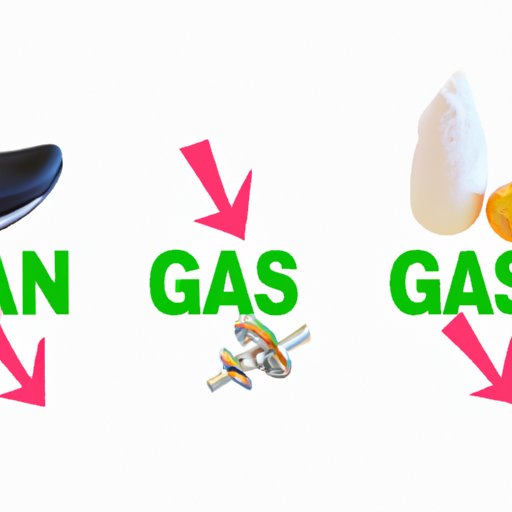
Gaining Weight Fast in 1 Week: A Guide for Females
Gaining weight might be a challenge for some females trying to increase their body mass. Despite being typically associated with a desire to lose weight, gaining weight can be an equally difficult task that requires dedication and a well-planned approach. If you are looking for effective ways to gain weight safely and fast within a week, you’re in the right place. In this article, you will find a comprehensive guide on how to gain weight fast in 1 week for females.
Focus on Nutrient-Dense Foods
Consuming nutrient-dense foods is essential for anyone looking to increase their body weight. Instead of eating empty calories that can lead to unhealthy weight gain, focus on food choices that provide sufficient nutritional value. Nutrient-dense foods are those with several nutrients and calories that your body needs.
Here are few examples of nutrient-dense foods:
- Lean proteins such as turkey, chicken, and eggs.
- Whole grains like oats, brown rice, and quinoa that provide healthy carbohydrates and fiber
- Healthy fats such as avocado, olive oil, and nuts
- Fruits and vegetables loaded with minerals and vitamins, such as bananas, sweet potatoes, and spinach.
Increase Caloric Intake
Ingesting more calories than your body needs is necessary to build mass. Eating 3 meals per day may not help you consume enough calories, and consuming large portions may not necessarily benefit your health. Consuming smaller meals throughout the day could be a much better solution. Try including small snacks such as a handful of nuts, fresh fruits, or protein bars in between your meals.
In addition, to increase calorie intake, try:
- Having the right balance of carbohydrate-to-protein ratio
- Incorporating nutrient-dense foods as discussed above
- Making homemade meals to avoid unnecessary ingredients
- Drinking smoothies or protein shakes for more calories
Incorporate Resistance Training
Incorporating resistance training into your routine can help you gain weight by increasing muscle mass. Resistance training involves any activity that requires contracting your muscles in opposition to a load, such as weight lifting, squats, push-ups and lunges – exercises that you can do in your own home.
Avoid Skipping Meals
Gaining weight needs consistency. Instead of skipping meals, try eating regularly throughout the day to maintain the calorie surplus, which means that you consume more calories than you burn during the day. If you skip meals, you risk losing the calorie surplus, making it more difficult to gain weight. Plan your meals and snacks a day ahead, so you are not caught off guard. Pre-packaged foods also help ensure the consistency of your diet.
Consume High-Calorie Beverages
Drinking high-calorie beverages like smoothies or fruit juices can be an effective way to gain weight without taking too much time-consuming meals. The best thing about smoothies is that you can add your favorite fruits, vegetables, and other healthy ingredients to increase the calorie content, depending on what your body needs. Try adding protein powder, peanut butter, full-fat milk, and other calorie-dense ingredients.
Get Enough Sleep
Sleeping is crucial to gaining weight because sleep is the time when your body repairs its muscles. If you are not getting enough sleep, your muscle growth may be stunted, which can affect your ability to gain weight. Therefore, prioritize sleep and try to establish a regular sleep routine that includes going to bed at the same time every night and waking up at a consistent time.
Work with a Professional
While the methods mentioned above can be helpful for gaining weight, working with a professional can fast forward you to your goals in a more healthy way. Nutritionists and personal trainers could help tailor a weight gain plan suitable for your body and lifestyle. It would help if you also got medical advice, particularly if you have an underlying medical condition
Conclusion
To gain weight fast in a week for females, it is important to maintain a consistent calorie intake, a healthy diet including nutrient-dense foods and the right balance of carbohydrate-to-protein ratio. Incorporating resistance training, adequate sleep, and working with a professional are all useful methods.




